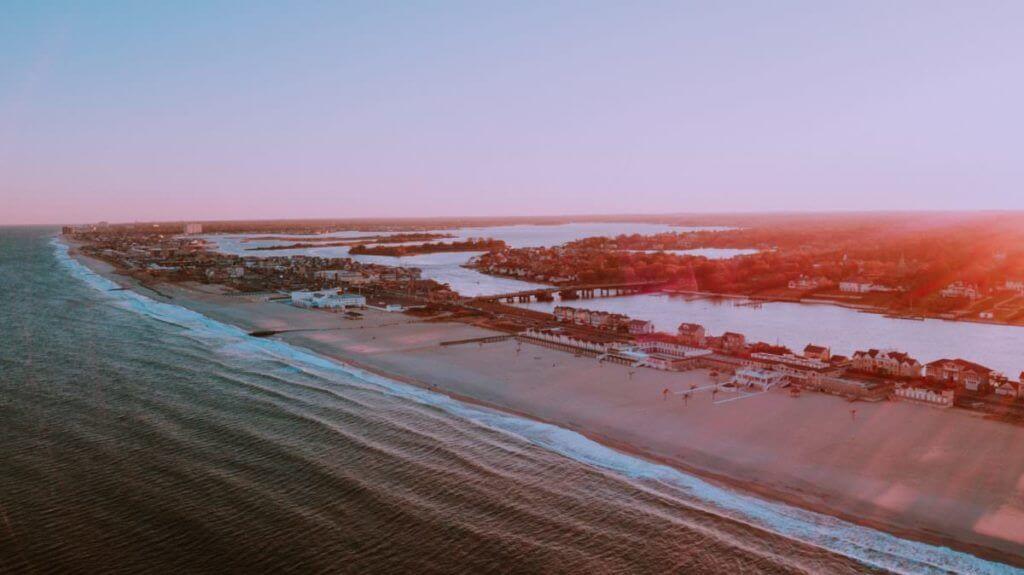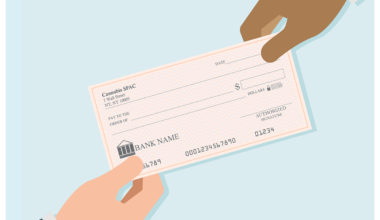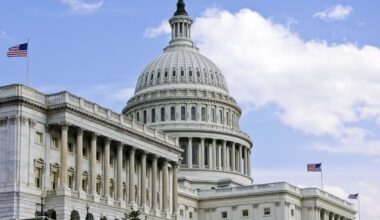
New Jersey Gov. Phil Murphy on Monday finally signed a law to implement a projected $1 billion recreational marijuana market, hours after lawmakers agreed on a “clean-up measure” that had held up the process for months.
Adult-use sales could begin before year-end.
New Jersey is poised to become the largest marijuana market on the East Coast – unless and until New York legalizes adult use.
The New Jersey Senate and Assembly approved a bill that calls for penalties for underage marijuana and alcohol use, a provision that Murphy insisted on before he would sign the implementation measure.
The Assembly passed the “clean-up” bill by a margin of 49-27, while the Senate passed the measure by a 22-12 vote.
New Jersey’s legalization of recreational marijuana – approved by voters on Nov. 3 – is igniting similar efforts across the Northeast and Mid-Atlantic and especially puts pressure on neighboring New York and Pennsylvania.
“While we are pleased to see the will of New Jersey voters finally enshrined into approved legislation, it was a grotesque failure on the part of elected leadership that it took so long to do so,” NORML Executive Director Erik Altieri said in a statement.
“Despite nearly seven in (10) New Jersey residents voting in favor of legalization on Election Day, it took lawmakers 111 days following that vote to achieve consensus to enact enabling legislation into law. … It is our hope that lawmakers and regulators going forward implement these laws with a renewed sense of urgency.”
Rules now must be developed within 180 days or within 45 days of all five members of a Cannabis Regulatory Commission (CRC) being appointed if that comes later than the 180 days.
An existing medical cannabis operator could begin adult-use sales immediately after rules are issued – but only if the company can prove it has sufficient supply to meet MMJ demand.
Multistate operators with licensed operations in New Jersey include Acreage Holdings, Columbia Care, Curaleaf, Green Thumb Industries, iAnthus and TerrAscend.
The New Jersey law also includes giving licensing priority to microbusinesses owned by residents as well as applicants from economically hard-hit communities or those impacted by the war on drugs.
Marijuana Business Daily projects New Jersey’s adult-use market will generate $850 million-$950 million in annual retail sales by 2024.
But supply could be a problem, experts have said.
New Jersey has issued only 12 vertical MMJ licenses, and only 10 are in operation – most with just one dispensary each, according to state data.
State lawmakers approved an expansion to issue a mix of 24 additional MMJ licenses, but the licensing has been blocked by litigation. A court ruling last week might finally free up that licensing round.
Here are some key provisions to New Jersey’s recreational marijuana law, according to a bill statement published in December:
- The 12 licensed medical marijuana operators would be permitted to get an adult-use license. Some would get licenses to cultivate, process and sell; others would get wholesale/distributor licenses. The process is more complicated for the potential, yet-to-be-issued 24 additional MMJ licenses.
- Cultivation licenses would be capped at 37 for the initial 24 months. The limit wouldn’t apply, however, to licenses issued to microbusinesses, which are firms of no more than 10 employees and 2,500 square feet of canopy space.
- The CRC would determine the maximum number of licenses for each class based on market demand.
- It specifies that 30% of licenses must be allocated to businesses owned by women, minorities, or disabled veterans
- Priority would be given based on “impact zones,” or municipalities negatively impacted by unemployment, poverty or past marijuana enforcement activity. To the extent possible, the CRC would grant at least 25% of the total licenses to such applicants or those who employ at least 25% of their employees from such zones.
- Other priority factors would include residents of at least five years who hold at least a 5% investment interest in an entity.
- A municipality would have 180 days from the bill’s enactment to prohibit adult-use operations but wouldn’t be able to ban delivery services to consumers in the area.
- Adult-use sales would be taxed at 7%. Municipalities could charge local sales taxes of up to 2%.
- The CRC also could levy a small “social equity excise fee” on marijuana growers that would fluctuate depending on the average retail price of cannabis.
- Proceeds from the excise fee and 70% of the state sales tax would go to programs in communities disadvantaged by the prohibition on marijuana.
Jeff Smith can be reached at [email protected].
Medical Disclaimer:
The information provided in these blog posts is intended for general informational and educational purposes only. It is not a substitute for professional medical advice, diagnosis, or treatment. Always seek the advice of your physician or other qualified healthcare provider with any questions you may have regarding a medical condition. The use of any information provided in these blog posts is solely at your own risk. The authors and the website do not recommend or endorse any specific products, treatments, or procedures mentioned. Reliance on any information in these blog posts is solely at your own discretion.







